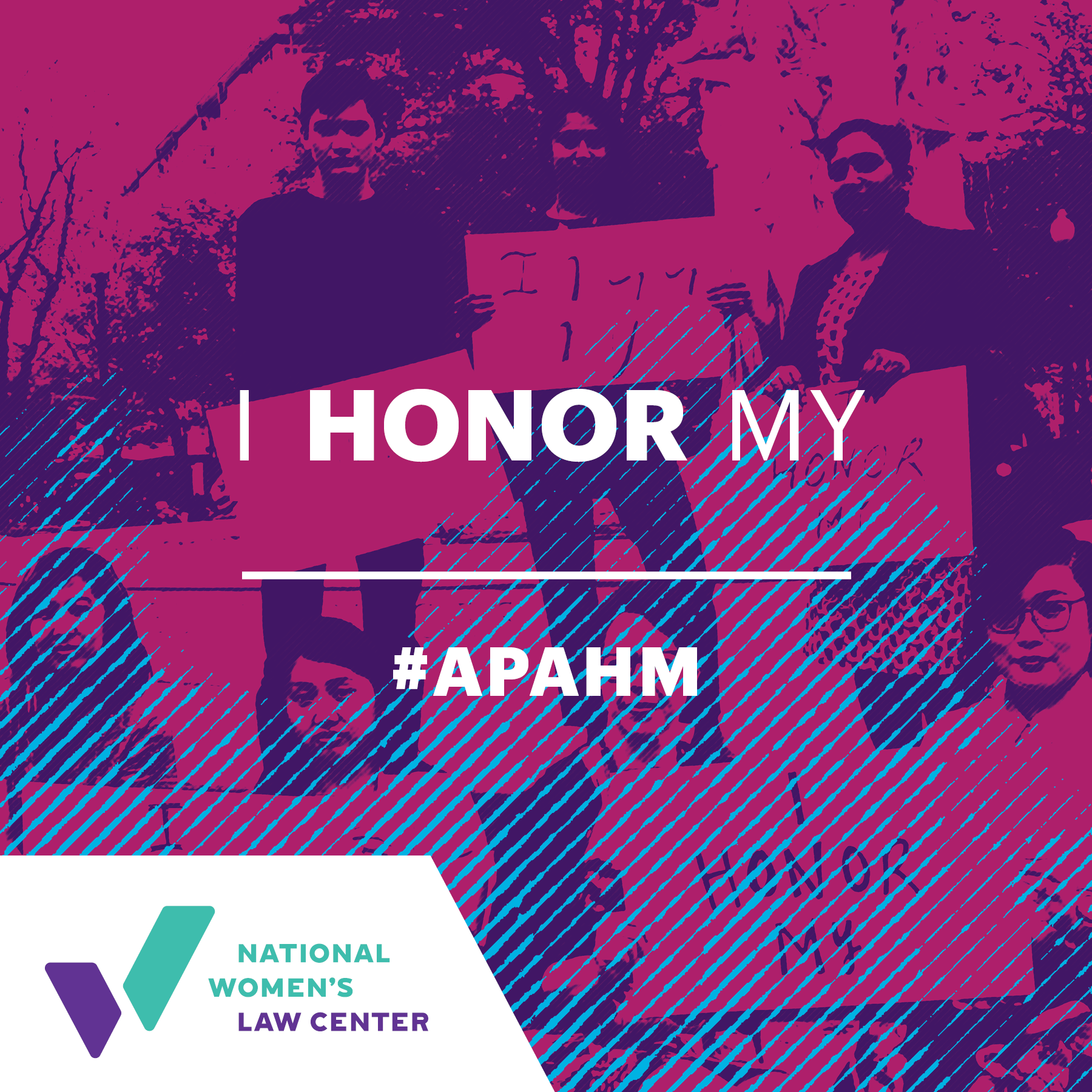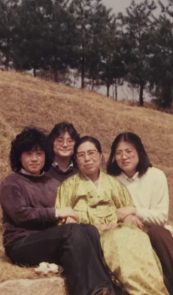Abortion rights, women of color, and LGBTQIA+ people are under attack. Pledge to join us in fighting for gender justice.
I Honor My Han and I Honor My Anxiety: How Embracing My Emotions Is an Expression of Radical Feminism


Recently, I came across the Korean word han. I’ve just learned of its meaning, but han is something I’ve felt like I’ve known all my life. Intergenerational trauma is one way to describe han. Han can also be described as a feeling of bitterness or pain. Han can affect one person or an entire country – a feeling so powerful, Koreans needed to name it.
“Han is a feeling of grief, a sadness, even a kind of anger.” One auntie responded, when I asked her what it meant.
“It’s a buildup of hurt – a feeling that feels like a scar that won’t go away. The feeling that captured me when my father who adored me passed away so suddenly.” Another explained.
“Han is enduring. Enduring through pain and struggle.” My mom replied.
There’s almost a kind of glory and pride associated with enduring, tolerating, and swallowing our difficulties, our hardships, and our trauma in Korean culture. And for much of my life, as a Korean-American, I wore my stoicism and ability to swallow my emotions as a badge of honor. But this month, as my colleagues and I were exploring the themes we wanted to uplift during Asian American, Native Hawaiian, and Pacific Islander Heritage Month – the words “honor” and “shame” kept bouncing around my head. What did it mean that I was proud of being able to endure a buildup of emotions? Was it actually shame I was feeling around showing emotions? How exactly was I honoring myself and my community by pushing down my hurt or my trauma? And it’s not just this concept of han that informed my emotional process but how emotional expression – particularly when it comes from women – can be perceived as “dramatic” or “unprofessional”.
Han is not a unique concept. Other Asian cultures have similar concepts – and because this month is also Mental Health Awareness Month, it’s important to recognize that both the culture and gender norms around emotional expression makes accessing mental health services a struggle for Asian Americans.
I’ve seen han show up in my work for gender justice. Han is when you’re forced to stay silent after experiencing sexual harassment. Han is when you secretly find out you’re being paid less than your white male counterpart. Han is when you have to choose between paying for groceries or getting an abortion.
My han seemingly hit me all at once when I found myself on the metro commuting home one day. Out of nowhere, I felt beads of sweat form all over my face. I felt short of breath. I was terrified that I was dying.
Who exactly is benefitting from these years of swallowing down emotions? In that moment, I realized that it definitely wasn’t me.
I think of all the women in my life who live with han every day. My auntie who was never able to have children of her own. Another auntie who spent her life taking care of my cousins and our grandmother with Alzheimer’s. My sister who experienced patterns of loss in her life before hitting the age of 30. My mom who became a single immigrant mom and sacrificed everything for me and my sister to thrive. What would it look like if all of us decided to honor and embrace and talk out loud about our han instead of pushing it deeper away? What would it look like if we stopped normalizing the suffering of women?
Embracing our emotions and sitting with our feelings is a form of self-care and love. Acknowledging our pain or hurt or stress helps us acknowledge not just our own humanity but the humanity of others.
Since that day on the metro, I’ve started therapy – and while I’m proud of myself for taking care of my mental health, I still find myself feeling shy around acknowledging that I struggle with anxiety. But I remind myself that embracing my emotions is a radical feminist act. I honor my anxiety. I honor my limits. I honor my vulnerability. I honor my humanity.
